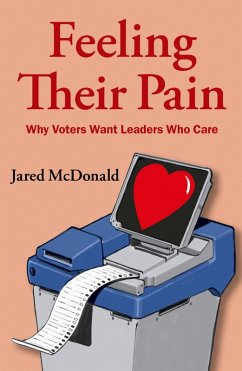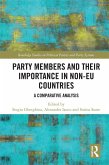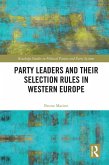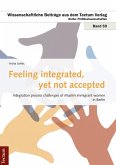The 2020 Presidential Election in the United States marked, for many, a return to "compassionate politics." Joe Biden had run on a platform of empathy, emphasizing his personal history as a means of connecting with everyone from American workers who had lost jobs to military families who had lost loved ones. Although perceptions of candidate compassion are broadly understood to influence vote choice, less understood is the question of how candidates convince voters they truly "care about people like them." In Feeling their Pain: Why Voters want Leaders who Care, Jared McDonald provides a framework for understanding why voters view some politicians as more compassionate than others. McDonald shows that perceptions of compassion in candidates for public office are based on the number and intensity of commonalities that bind citizens to political leaders. Commonalities can come in many forms, such as a shared experience ("I've been through what you've been through"), a shared emotion ("I feel the way you feel"), or a shared identity ("I am who you are"). Compassion is conceptualized through the lens of self-interest. Compassion may be universal, such as when candidates convey empathy to all individuals who are struggling. Or compassion may be exclusionary, such as when candidates express a preference for some groups over others. Thus, the way campaigns choose to wield compassion in their messaging strategies has important implications not only for election outcomes, but for American political polarization as well.
Dieser Download kann aus rechtlichen Gründen nur mit Rechnungsadresse in A, B, BG, CY, CZ, D, DK, EW, E, FIN, F, GR, HR, H, IRL, I, LT, L, LR, M, NL, PL, P, R, S, SLO, SK ausgeliefert werden.









